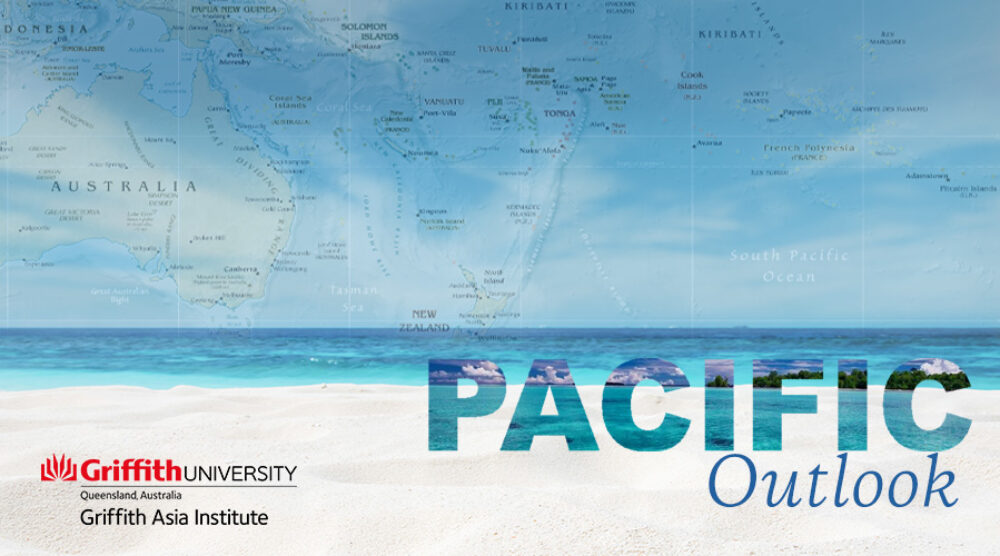COVID-19 case numbers continue to rise in Papua New Guinea
In Papua New Guinea, the number of confirmed cases of COVID-19 is continuing to rise. As of August 18, there were 333 recorded infections. The number of deaths remains at three. The cases are spread across half of the country’s provinces. In Western Province there have been 38 new cases recorded. Authorities have advised that they are linked to a cluster centred on the Ok Tedi mine. The mine has been closed in order to deal with the outbreak.
Despite the rising number of cases, the PNG government has lifted the lockdown in Port Moresby and domestic travel has largely resumed. Although international travel remains restricted 175 workers from China were allowed to enter during the last week. Commissioner David Manning has advised the public that these workers are critical to the progress of key infrastructure projects in the country.
Vanuatu sales of citizenship continue to perform strongly
Figures released by the Vanuatu National Statistics Office reveal that sales of citizenship by investment are continuing to perform strongly, notwithstanding the effects of the global pandemic. In the three-month period to August 14, the government collected US$84 million in revenue from this programme, which was in excess of what had been predicted. This income appears to have offset the impacts of the huge downturn in tourism, at least as far as public finances go.
The scheme is not without its detractors and has been a source of controversy both domestically and overseas. Prior to this year’s elections in March, there was an expectation that the scheme would be suspended whilst a fundamental review was undertaken. This has not eventuated to date. The government plans to use this revenue to invest in agriculture, to survive the economic impacts of Covid-19.
Media restrictions in Tonga
Concerns about the challenges to media freedom in the Pacific islands region continue. Most recently, it has come to light that the government of Tonga has introduced new regulations that are likely to have a significant impact on how the media operates.
Among the regulations introduced at the end of May (but which have only just come to light) is the provision that journalists and media organisations can be fined TOP2,000 (US$876) for publishing ‘sensitive’ material. However, local sources say that no definition of ‘sensitive’ has been provided.
These measures have apparently been introduced without any attempt to consult with the local media in Tonga.
This adds to other concerns about attacks on media freedom in Tonga, including the suspension of three journalists at the Tonga Broadcasting Commission earlier this year, apparently for their negative coverage of the government.
Pacific Island Forum’s 2050 regional strategy progressing slowly
At last year’s meeting of Pacific Islands Forum (PIF) leaders in Tuvalu, it was agreed that a draft of the regional ‘2050 Strategy for the Blue Pacific Continent’ would be available for review at this year’s meeting that was scheduled to be held in Vanuatu.
COVID-19 has put paid to a face to face meeting, whether in Port Vila or anywhere else. However, leaders are expected to meet virtually during October and this 2050 Strategy will be on their agenda.
To that end, a number of national consultation processes have been conducted recently, including in Vanuatu and Tonga. The tone and content of these conversations has been heavily influenced by the impacts of Covid-19 on Pacific island countries. For example, in Tonga, the Health Minister used this consultation to express frustration about the inability of the Pacific Islands Forum Secretariat or the Pacific Community to facilitate repatriation of Tongans.
Pacific ‘Bubble’ hopes recede
With the ongoing ‘second wave’ of COVID-19 infections in parts of Australia and a resurgence of cases in New Zealand, talks of ‘Pacific Bubbles’ have receded.
The clamour from Cook Islands tourist operators for an air bridge to Auckland diminished rapidly as the numbers of new infections continued to grow in Auckland. A flight from Auckland to Rarotonga was cancelled as the government of Cook Islands abruptly closed its international borders late last week.
Plans are still moving ahead for 170 workers from Vanuatu to travel to the Northern Territory in Australia to assist with the mango harvest. This a pilot to test whether the Seasonal Workers Program and the Pacific Labour Scheme can be restarted.
Several countries in the region, including Vanuatu, Solomon Islands and Tonga are dealing with the complexities and costs of bringing people home from Australia, New Zealand, and elsewhere in the world.
Tess Newton Cain is an Adjunct Associate Professor at the Griffith Asia Institute and project lead of the Pacific Hub.








